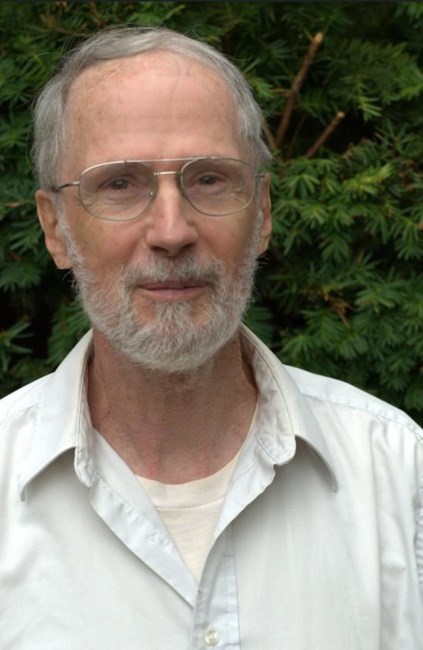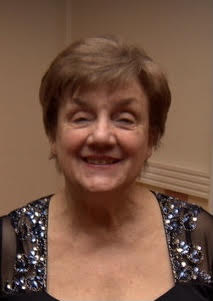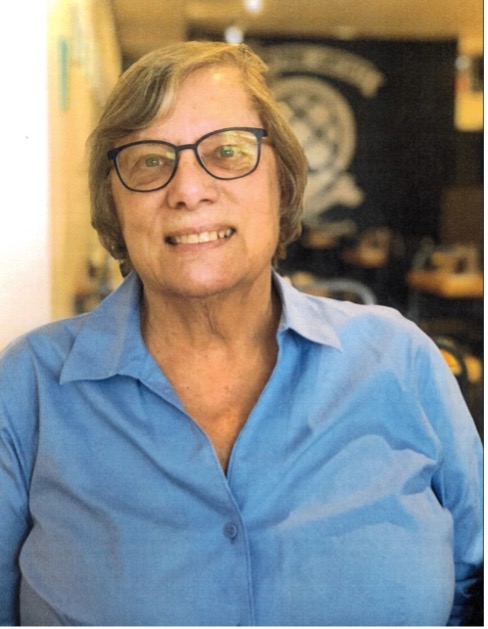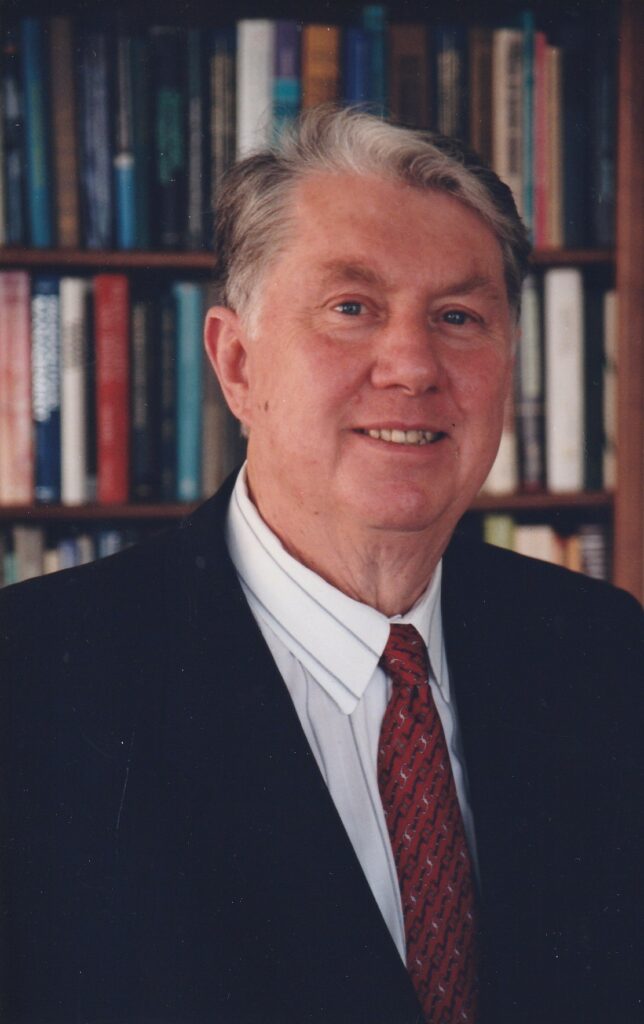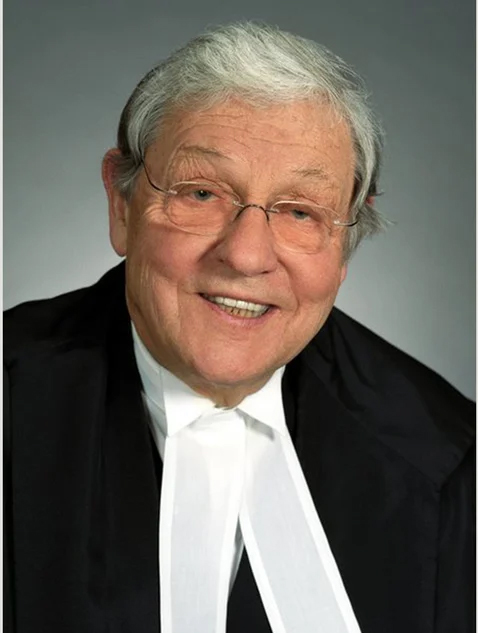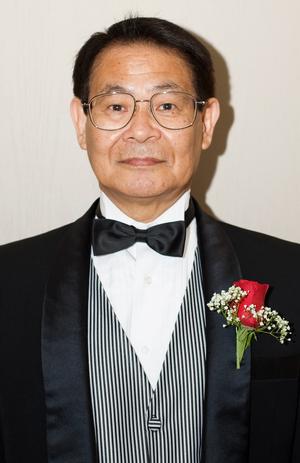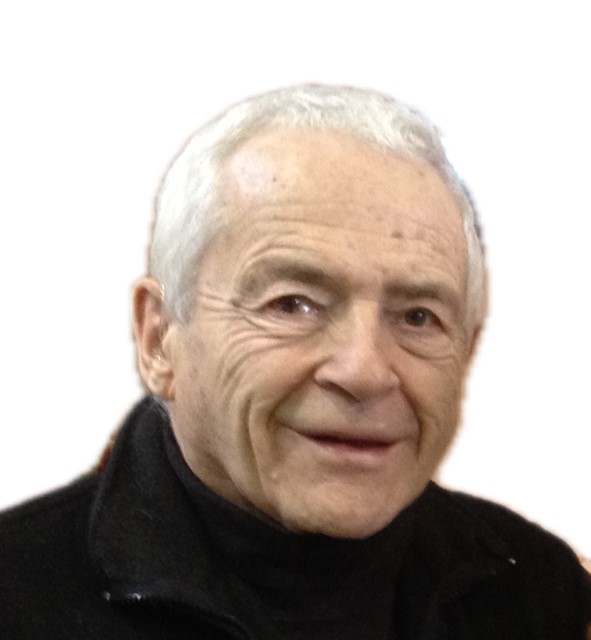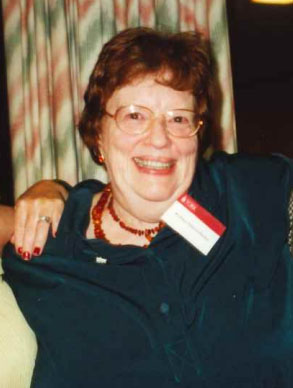Arthur Forer, a professor emeritus in York University’s Department of Biology, who specialized in molecular research, passed away on June 6.
Forer joined the Department of Biology in 1972, after time spent at several prestigious post-secondary institutions such as the Carlsberg Foundation Biological Institute in Copenhagen, Denmark; the University of Cambridge in England; Duke University in North Carolina; and the Massachusetts Institute of Technology. He completed his PhD at Dartmouth College in New Hampshire under the supervision of Shinya Inoue, a pioneer in microscopy and cell imaging.

Forer spent his career studying how chromosomes move during cell division, and was one of the first cell biologists to use ultraviolet micro-irradiation techniques in that pursuit. His work in the field was something he looked to advance even until recently. “Forer continued doing research in his lab until he passed away,” said Robert Tsushima, Chair of the Department of Biology. “In fact, he was excited about renewing his NSERC [Natural Sciences & Engineering Research Council] grant later this year and mentoring a cohort of new scientists.”
His passion for his work, and teaching, was something readily felt by others. “Art was a wonderful supervisor and brilliant microscopist,” said Professor Paula Wilson, a former doctoral student of Forer’s. “What he most enjoyed was working with living cells at the microscope and ‘talking science.’ It was a privilege to be in his lab.”
Forer was also a strong advocate of social justice. He attended Martin Luther King’s famous “I Have a Dream” speech in Washington, D.C., championed civil rights and equality, stressed the importance of protecting the environment, and advocated for equality and equity women in science. He spent more than five decades supervising and mentoring undergraduate and graduate students, almost all of whom were women.
In recognition of his work, he was inducted as a member of the American Society for Cell Biology and a fellow of the Royal Society of Canada.
Beyond academics, Forer loved hiking with his longtime friend Professor Emeritus Ronald Pearlman and was an avid cyclist who routinely biked – into the 89th year of his life. He was also a dedicated musician involved with many musical groups.
In lieu of flowers, the family requests donations to a musical charity.




